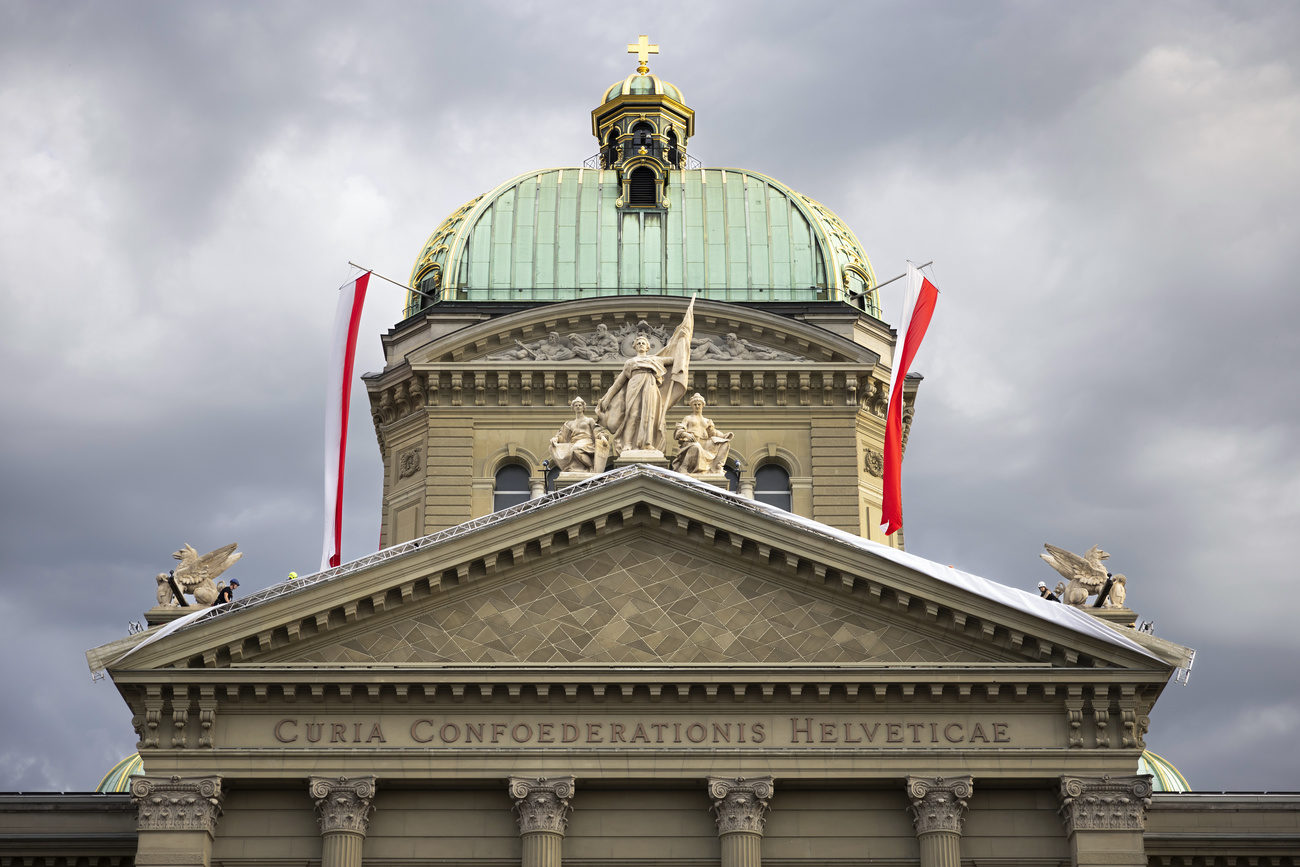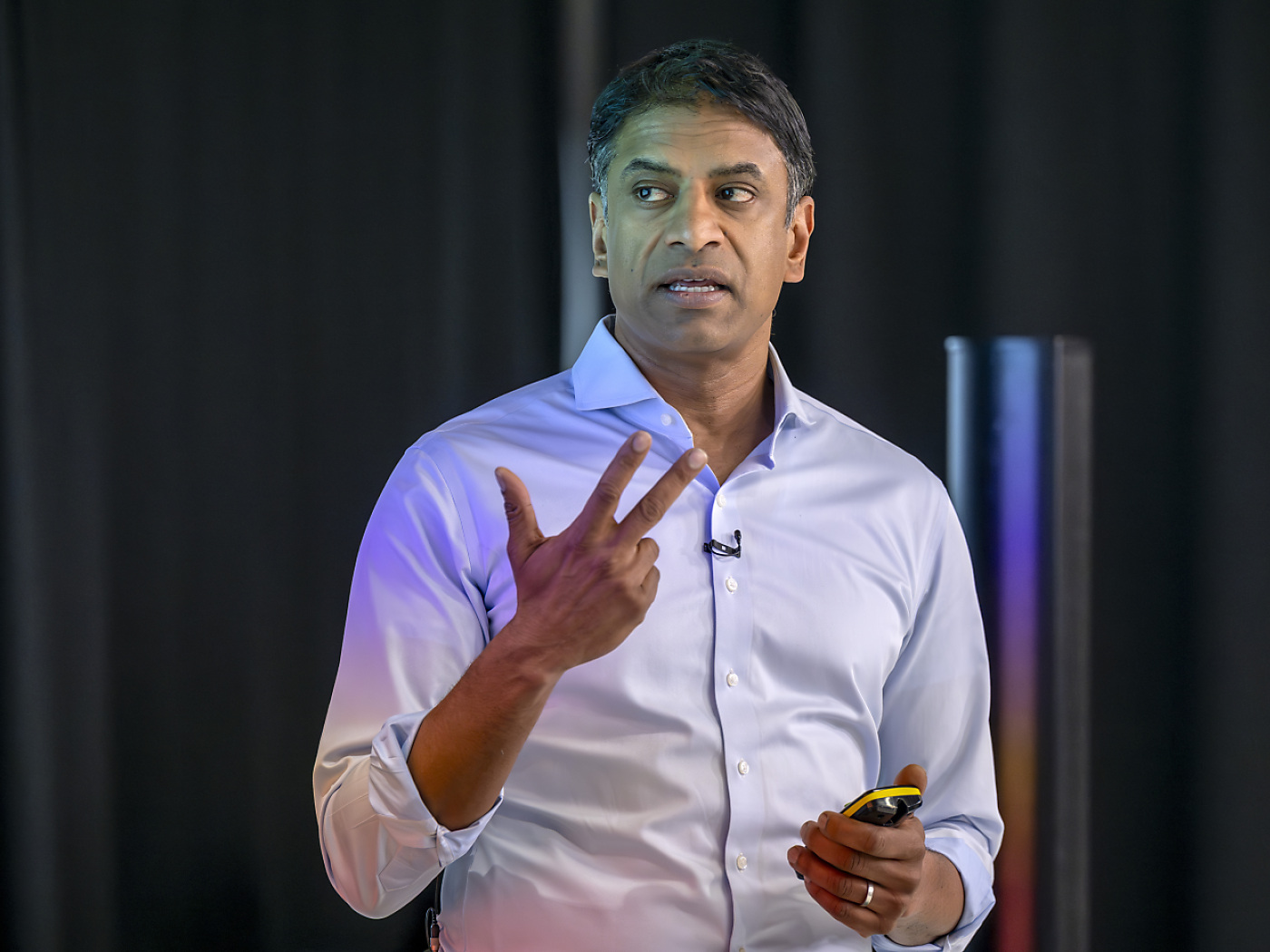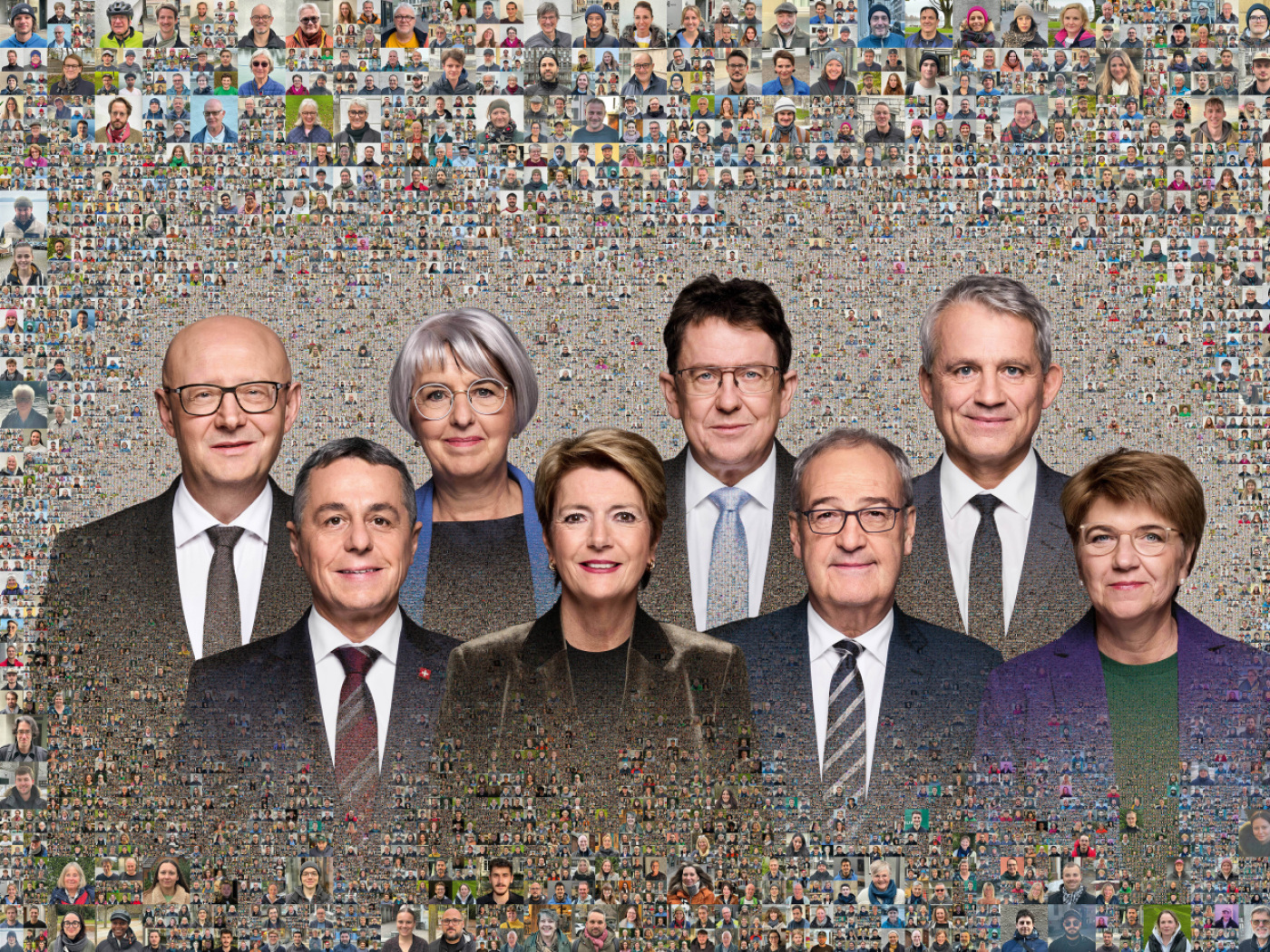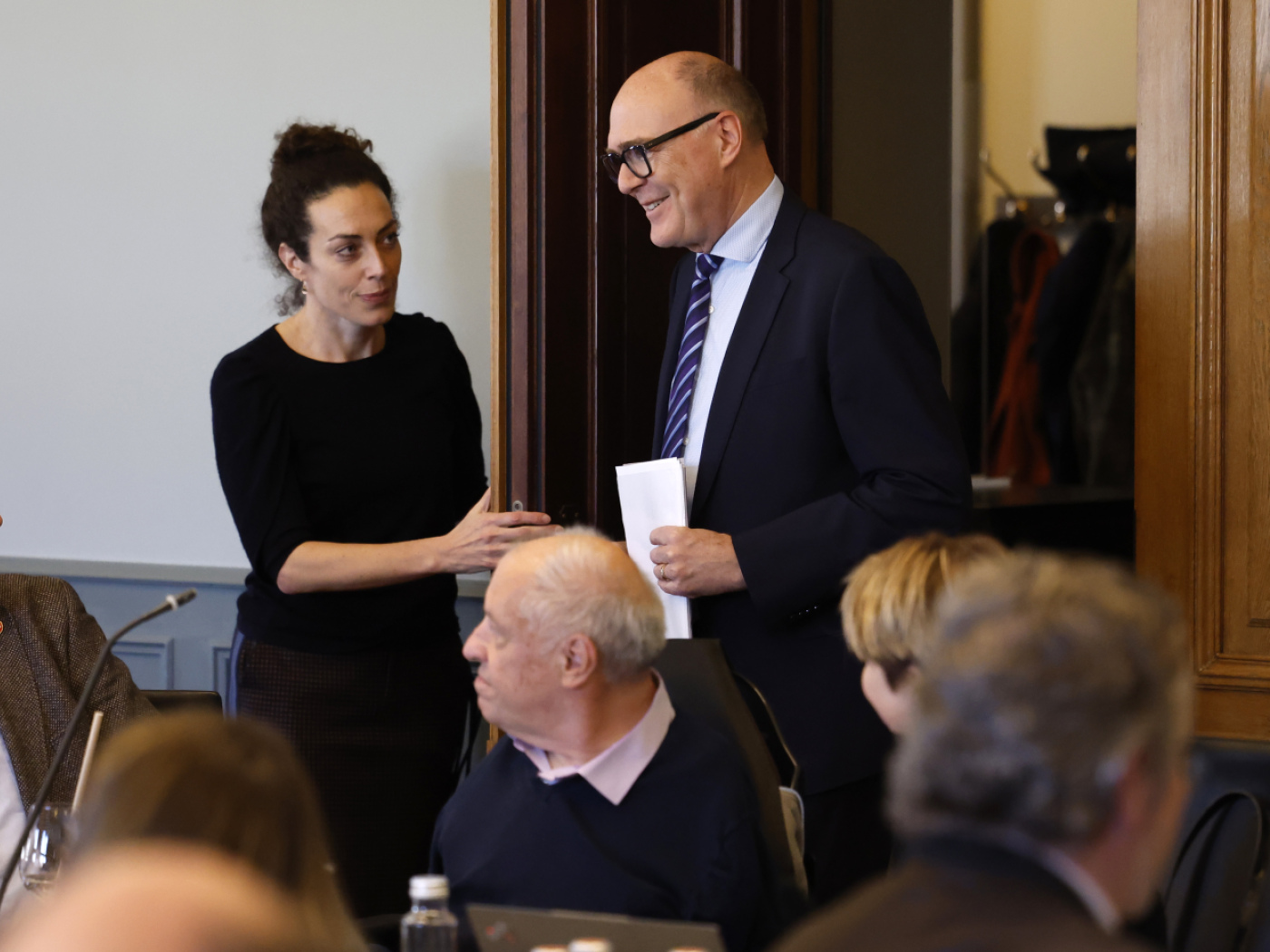Switzerland stagnates regarding public sector corruption

Switzerland ranks sixth in Transparency International’s 2023 Public Sector Corruption Perceptions Index (CPI). It scored 82 out of 100 points and, according to the organisation, has made no progress in the fight against corruption.
This is despite the fact that Switzerland improved by one place compared to the previous year. The score achieved corresponded to that of 2022, Transparency International said on Tuesday. High scores indicate a low susceptibility to corruption.
Nevertheless, Switzerland has hardly improved in areas relevant to corruption that are not covered by the CPI. Shortcomings are particularly evident in the fight against money laundering, corruption in the private sector, the prosecution of companies and the protection of whistleblowers.
Switzerland “should improve its handling of conflicts of interest and the regulation of lobbying at all three federal levels and take measures against the still widespread cronyism”, said Martin Hilti, managing director of Transparency Switzerland.
In Switzerland, too, “there are repeated cases of corruption that are relevant under criminal law, such as recently in the city of Biel/Bienne, where employees of the migration office are suspected of having issued residence permits in exchange for money and sexual acts”, Hilti told the Swiss News Agency Keystone-SDA.
+ Swiss official sentenced in public sector corruption case
The biggest problem in Switzerland, however, is cronyism, that is “connections and the associated conflicts of interest”. Lobbying in Switzerland is also “essentially unregulated”, Hilti said.
No significant improvements
The CPI 2023 confirms that corruption remains widespread worldwide. No significant improvements can be seen overall compared to the previous year. More than two-thirds of the countries analysed still did not even reach 50 of the maximum possible 100 points. The global average was unchanged at 43 for the 12th consecutive year.
Denmark led the index with the highest score for the sixth consecutive year, with 90. It was followed by Finland with 87 and New Zealand with 85. The others in the top ten were Norway, Singapore, Sweden, Switzerland, the Netherlands, Germany and Luxembourg.
At the other end, Somalia again had the weakest score with 11. It was followed by South Sudan, Syria and Venezuela with 13 each; Yemen with 16; and Equatorial Guinea, Haiti, North Korea and Nicaragua with 17 each.
The United States was unchanged with a score of 69, putting it in 24th place. Russia’s score dropped to 26. Transparency International said that the Russian government’s “pervasive control of public institutions facilitates the widespread abuse of power without accountability” while judicial independence is eroding.
The CPI was launched in 1995 as a global indicator to measure the perception of corruption in the public sector around the world. It now covers 180 countries. The assessments of the individual countries are carried out by experts from academia and business.
This news story has been written and carefully fact-checked by an external editorial team. At SWI swissinfo.ch we select the most relevant news for an international audience and use automatic translation tools such as DeepL to translate it into English. Providing you with automatically translated news gives us the time to write more in-depth articles. You can find them here.
If you want to know more about how we work, have a look here, and if you have feedback on this news story please write to english@swissinfo.ch.

In compliance with the JTI standards
More: SWI swissinfo.ch certified by the Journalism Trust Initiative


















You can find an overview of ongoing debates with our journalists here . Please join us!
If you want to start a conversation about a topic raised in this article or want to report factual errors, email us at english@swissinfo.ch.